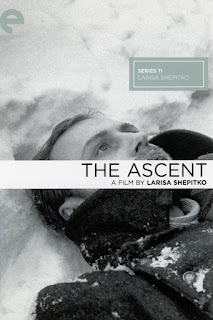Theatre Reset, a Columbus-based and a women and nonbinary owned and operated theatre company, has selected my play, "Water to Whine," to be part of its fifth short play festival.
The company has previously produced two other plays I wrote - "Your Child, The Devil, and You" and "George of the Dead" - and I am excited to see what they do with "Water to Whine."
The festival will be held May 30 and 31 at Shedd Theater, 540 Franklin Ave., Columbus, OH 43215. Auditions are mid-March.
For more information about the festival, visit Theatre Reset's website.





